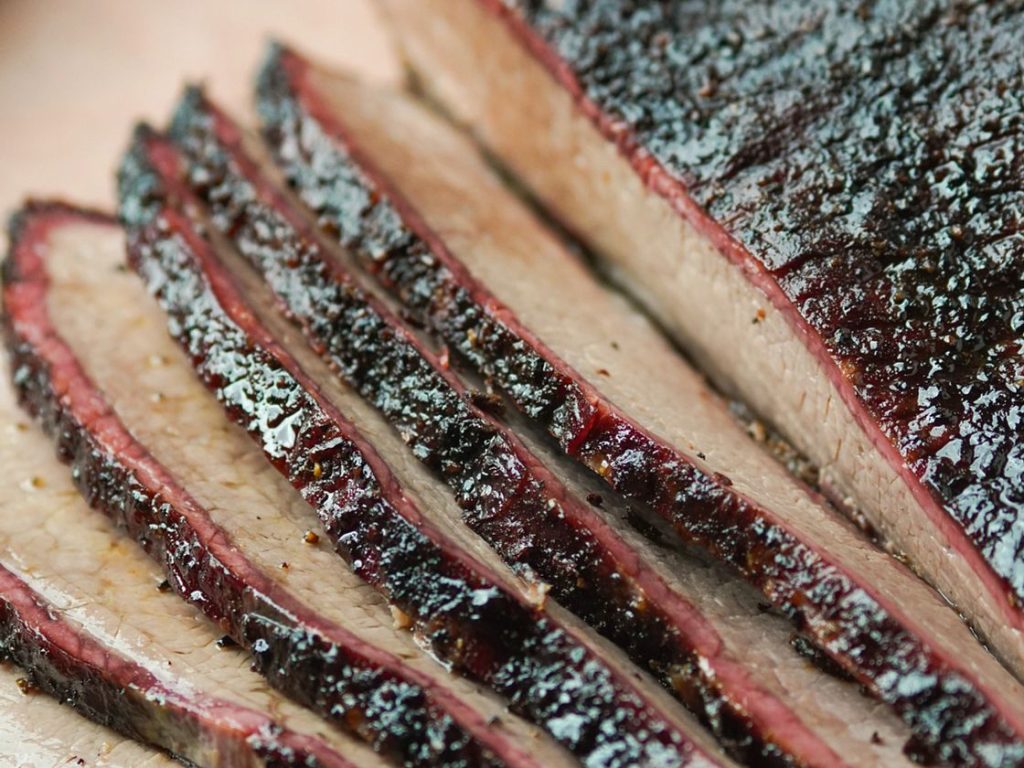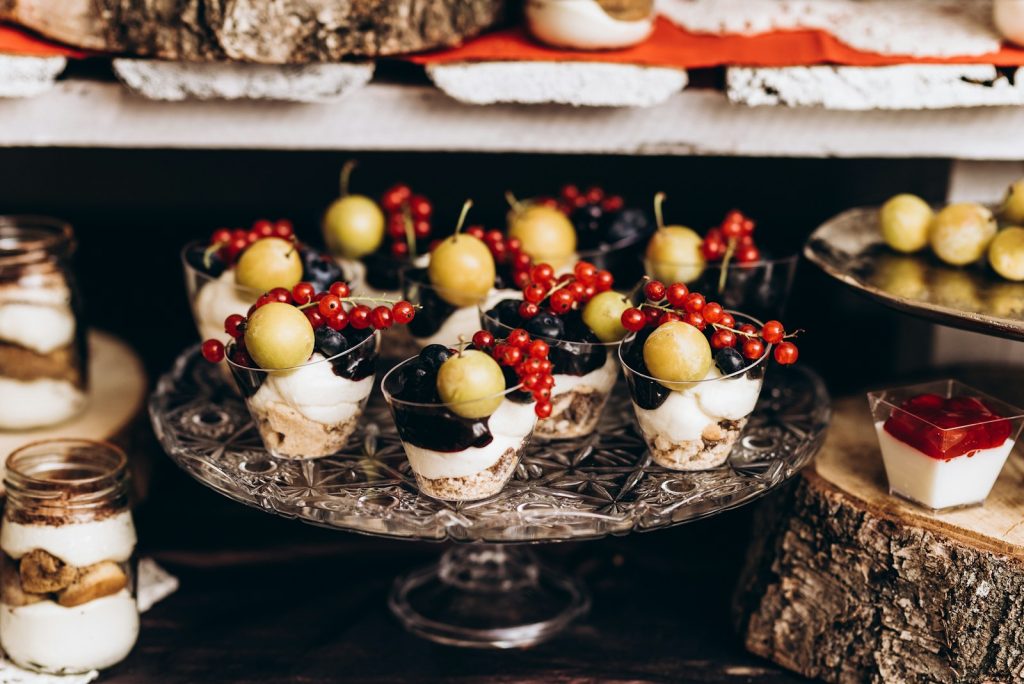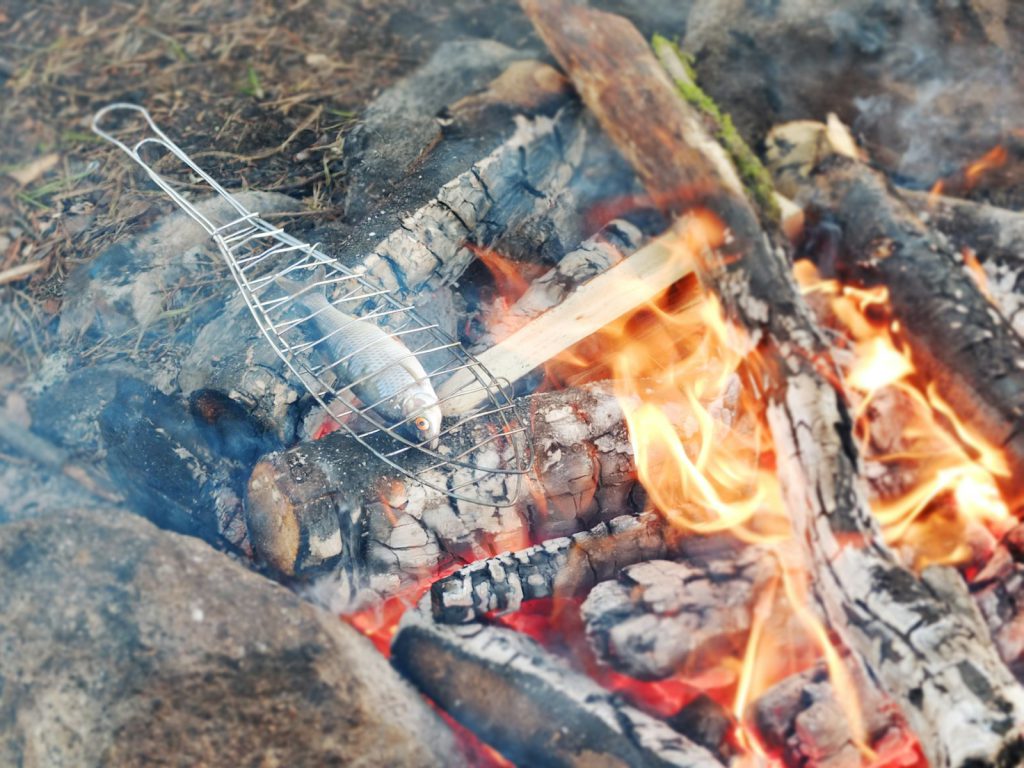Barbecue (BBQ) is more than a cooking method; it’s a rich cultural tradition that has evolved across different societies and eras. This article explores the history and evolution of BBQ, highlighting its diverse techniques, regional variations, and cultural significance which is the basis of any high quality bbq class.
Early Origins of BBQ
BBQ traces its origins to ancient times, with early forms of barbecue found in the Caribbean, Africa, and the Middle East. The Taino people of the Caribbean developed “barbacoa,” a method of smoking meat over a wooden framework to preserve it. This technique laid the foundation for modern BBQ practices.
In Africa, the tradition of barbecuing can be traced back to ancient tribes who used pits to slow-cook meat over wood fires. The Middle East and Mediterranean regions also developed grilling techniques, as evidenced by archaeological finds and ancient texts. These methods spread across Europe and Asia, influenced by trade routes like the Silk Road, which facilitated the exchange of spices and cooking techniques.
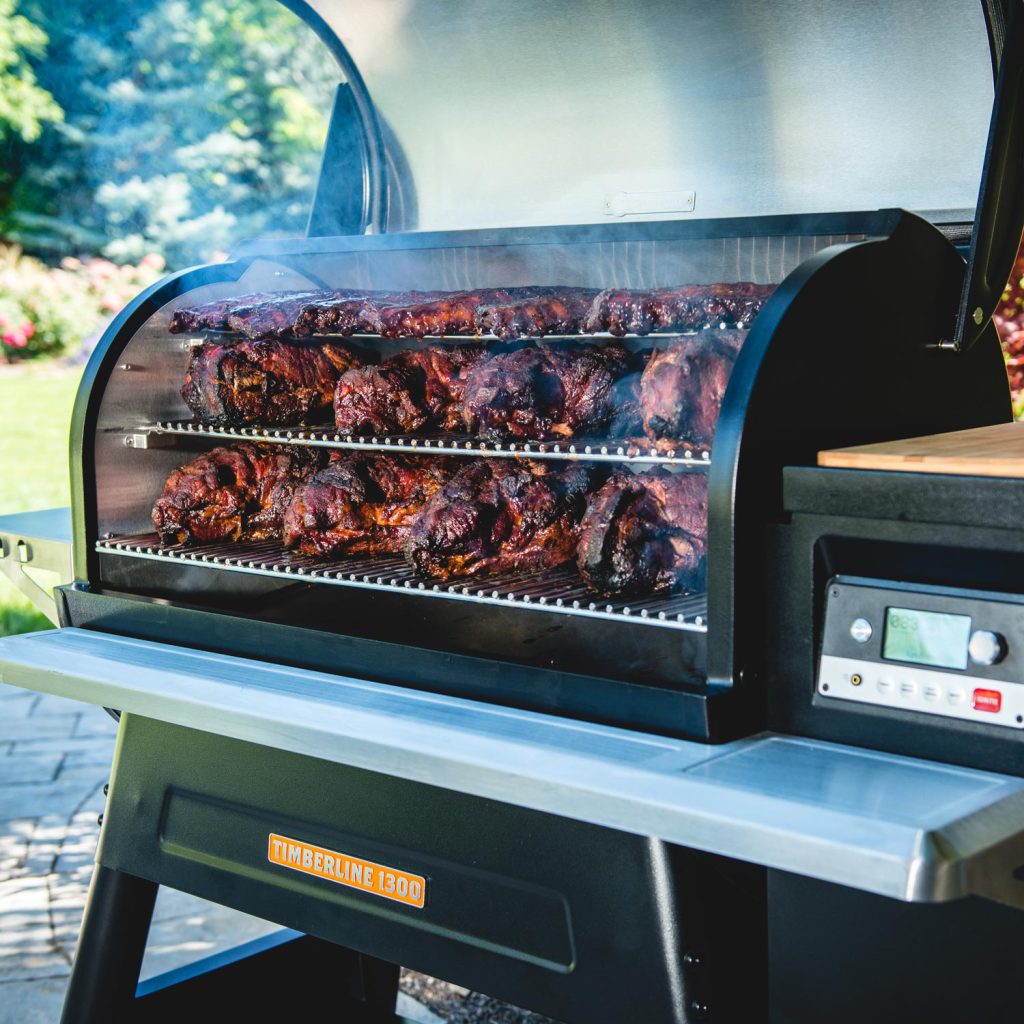
Indigenous Contributions and Regional Variations
Indigenous tribes in the Americas had their BBQ traditions, each unique to their regional ingredients and methods. Native Americans, for instance, used slow-cooking techniques over open fires, influencing Southern American BBQ styles. In the Pacific Islands, the traditional ‘imu’ or underground oven was used to cook ‘kalua pig’, imparting a distinct smoky flavor.
In Africa, the practice of “braai,” a social BBQ gathering, is integral to the culture. Braai involves grilling meat over wood fires, often with indigenous spices, and is a significant community activity. The Maori of New Zealand use a similar method called “hangi,” where food is cooked in an earth oven, providing a unique taste and texture.
BBQ in the United States
The evolution of BBQ in the United States reflects the nation’s diverse cultural landscape. Early American BBQ was influenced by the cooking methods of enslaved Africans and Indigenous peoples. By the 1820s, BBQ parties had become popular in the Virginias and Carolinas, often organized by political figures like George Washington to gather community support.
Each American region developed its unique BBQ style:
- Texas BBQ: Known for beef brisket, slow-cooked over wood or charcoal with simple seasonings. A recommended book for Texas BBQ enthusiasts is “Franklin Barbecue: A Meat-Smoking Manifesto” by Aaron Franklin.
- Carolina BBQ: Focused on pork, with North Carolina using vinegar-based sauces and South Carolina preferring mustard-based sauces. “Holy Smoke: The Big Book of North Carolina Barbecue” by John Shelton Reed and Dale Volberg Reed provides an in-depth look at this regional style.
- Memphis BBQ: Famous for dry-rubbed pork ribs and sweet tomato-based sauces. For more on Memphis BBQ, “Peace, Love, & Barbecue: Recipes, Secrets, Tall Tales, and Outright Lies from the Legends of Barbecue” by Mike Mills is a great read.
- Kansas City BBQ: Known for its variety and sweet, tangy sauces made with molasses and tomatoes. “Smokestack Lightning: Adventures in the Heart of Barbecue Country” by Lolis Eric Elie covers the rich BBQ culture in Kansas City.
BBQ Techniques and Equipment
The techniques and equipment used in BBQ have evolved significantly. Traditional methods like pit cooking have given way to modern grills and smokers. Key techniques include:
- Low and Slow: Cooking meat at low temperatures for extended periods to enhance tenderness and smoky flavor.
- Hot and Fast: Cooking meat at higher temperatures for shorter periods, resulting in a crispy exterior and juicy interior.
- Mixed: Combining both low and slow and hot and fast methods for optimal texture and flavor.
For BBQ techniques, “Meathead: The Science of Great Barbecue and Grilling” by Meathead Goldwyn offers a comprehensive guide.

BBQ Around the World
BBQ traditions are not limited to the United States. Around the globe, different cultures have their unique approaches:
- South Africa: “Braai” is a social BBQ tradition using wood fires and indigenous spices. “Braai: The South African Barbecue Book” by Jan Braai explores this tradition.
- Argentina: “Asado” involves slow-cooking beef over an open flame, often seasoned simply with salt. “Seven Fires: Grilling the Argentine Way” by Francis Mallmann is a must-read for asado enthusiasts.
- Japan: “Yakitori” features skewered chicken grilled over charcoal, seasoned with a savory soy-based sauce. “The Japanese Grill: From Classic Yakitori to Steak, Seafood, and Vegetables” by Tadashi Ono and Harris Salat delves into Japanese grilling.
Modern BBQ and Cultural Significance
Today, BBQ is a global culinary phenomenon, with modern interpretations incorporating diverse flavors and techniques. BBQ competitions and festivals have popularized this cooking method, celebrating its rich heritage and community-building aspects.
Modern BBQ practices also include the use of new equipment like gas grills and electric smokers, making it more accessible to home cooks. “Project Smoke” by Steven Raichlen provides insights into modern BBQ techniques and equipment.
The Etymology of Barbecue
The term “barbecue” derives from the Taino word “barbacoa,” brought to the Americas by Spanish explorers. Over time, the word has evolved, reflecting various linguistic and cultural influences. In Australia, “barbie” is a common slang for barbecue, while in South Africa, “braai” signifies a cultural gathering centered around grilling.
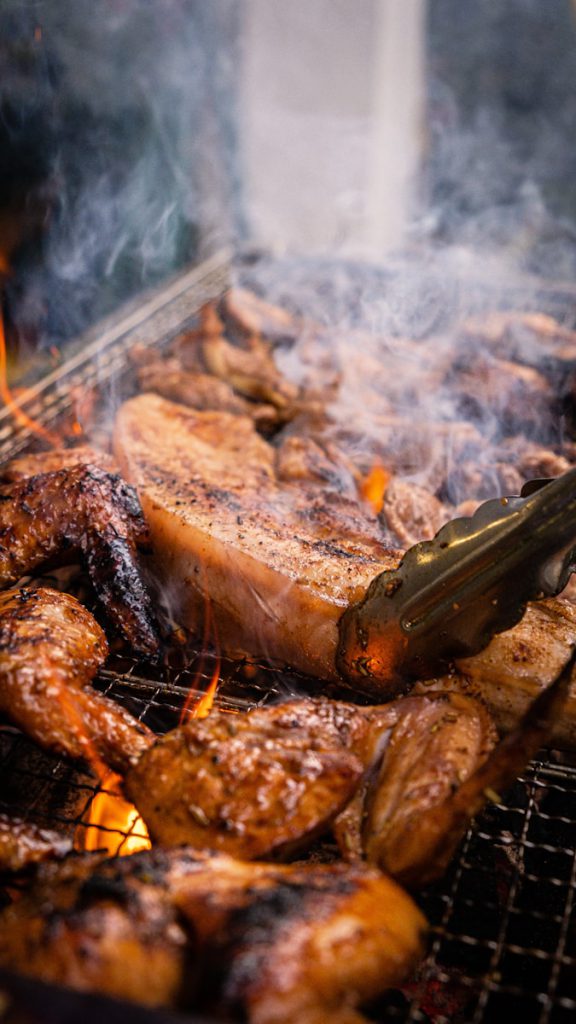
BBQ as a Cultural and Social Ritual
Throughout its history, BBQ has served as more than just a cooking method. It has been a social ritual, bringing communities together for celebrations and political gatherings. From early colonial BBQ parties in the US to modern-day BBQ festivals, this culinary tradition continues to play a vital role in fostering social bonds and cultural exchange.
Conclusion
The history and evolution of BBQ highlight its significance as a global culinary tradition. From its ancient origins to its modern interpretations, BBQ reflects the diversity and richness of cultural practices around the world. Whether it’s the slow-cooked brisket of Texas or the tangy vinegar-based sauces of North Carolina, BBQ continues to be a beloved practice that brings people together across different cultures and eras.
This comprehensive look at BBQ underscores its enduring appeal and the intricate tapestry of history and tradition that it represents.
Suggested Reading
- “Barbecue: A History of Barbecue Around the World” by Jonathan Deutsch and Megan J. Elias
- “Franklin Barbecue: A Meat-Smoking Manifesto” by Aaron Franklin
- “Holy Smoke: The Big Book of North Carolina Barbecue” by John Shelton Reed and Dale Volberg Reed
- “Peace, Love, & Barbecue: Recipes, Secrets, Tall Tales, and Outright Lies from the Legends of Barbecue” by Mike Mills
- “Smokestack Lightning: Adventures in the Heart of Barbecue Country” by Lolis Eric Elie
- “Meathead: The Science of Great Barbecue and Grilling” by Meathead Goldwyn
- “Braai: The South African Barbecue Book” by Jan Braai
- “Seven Fires: Grilling the Argentine Way” by Francis Mallmann
- “The Japanese Grill: From Classic Yakitori to Steak, Seafood, and Vegetables” by Tadashi Ono and Harris Salat
- “Project Smoke” by Steven Raichlen
References
- Barbecue: A History Of Barbecue Around The World — Food History Books
- Exploring the Global Roots of BBQ: A Journey Through Cultural Culinary History – Barbeque Trading Co
- History of BBQ – The Evolution (smokingmeatgeeks.com)
- The History of BBQ: America’s Favorite Cookout (chefd.com)
- A Brief History of Barbecue (www.thespruceeats.com)
- Exploring the History of Barbecue Through Grilling in 2023.. (extraordinarybbq.com)

